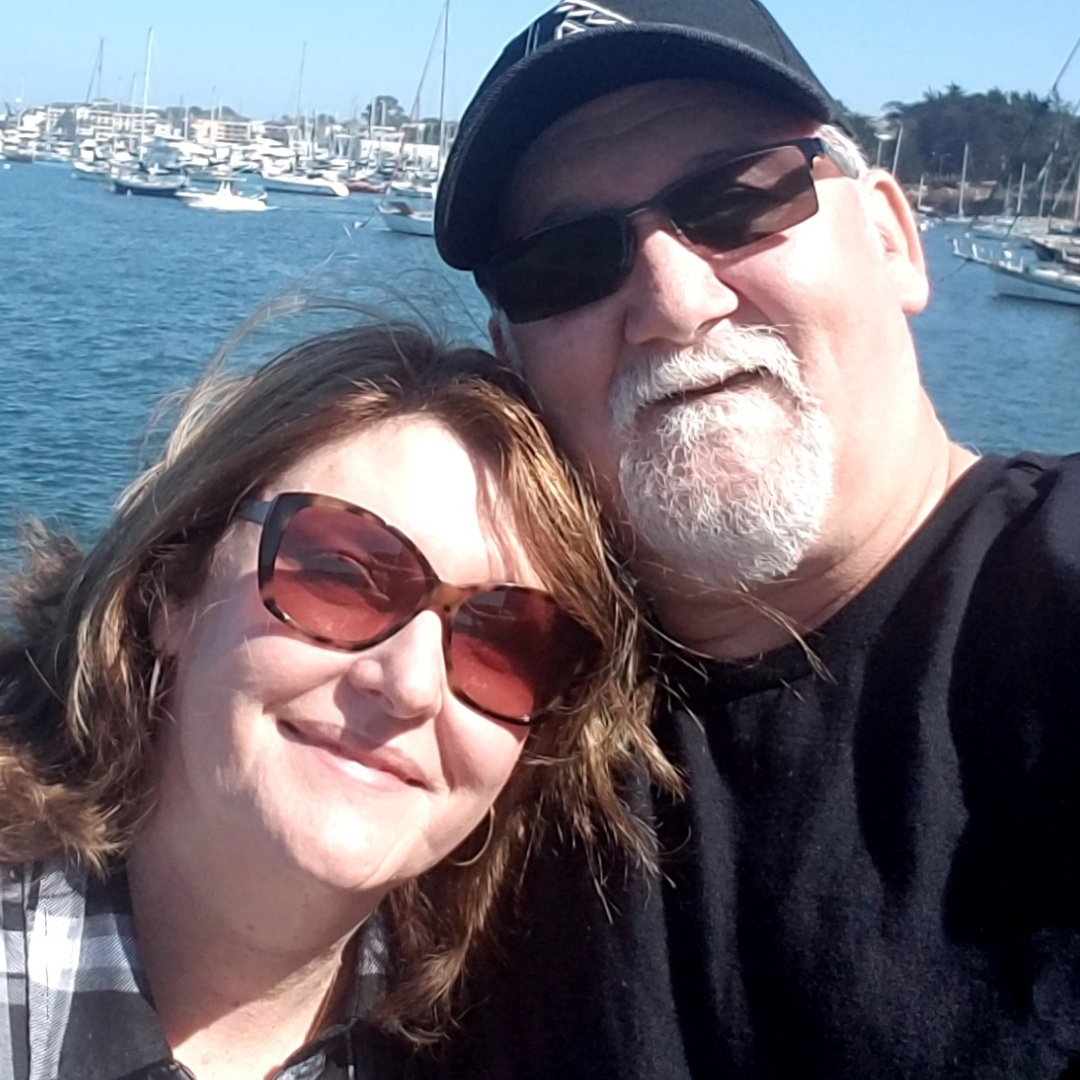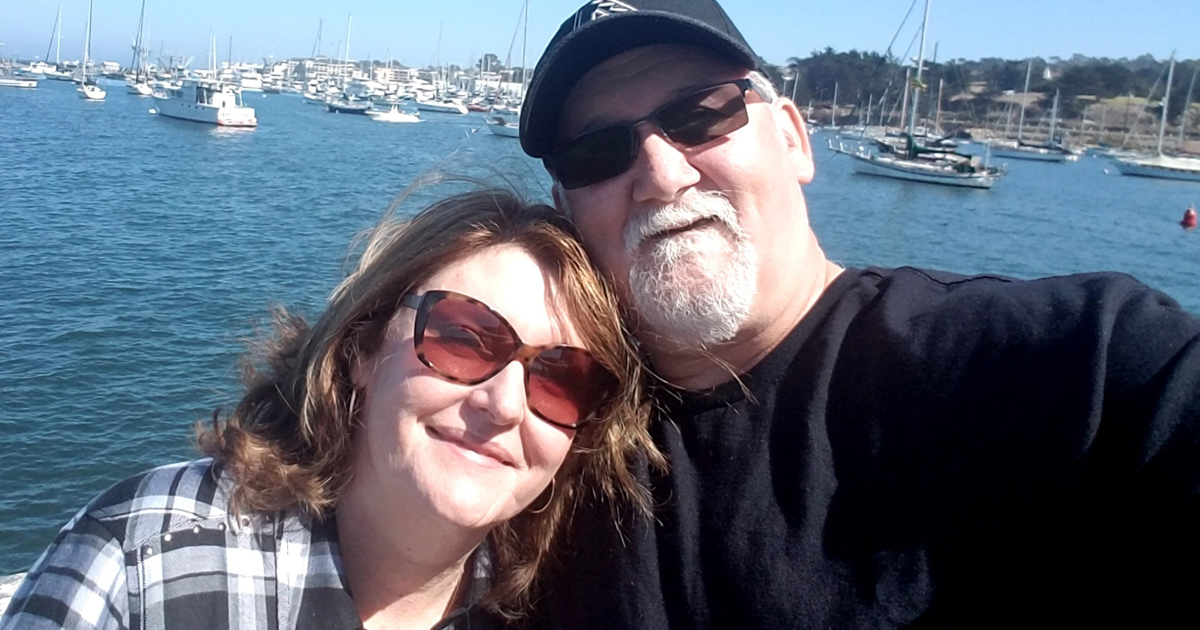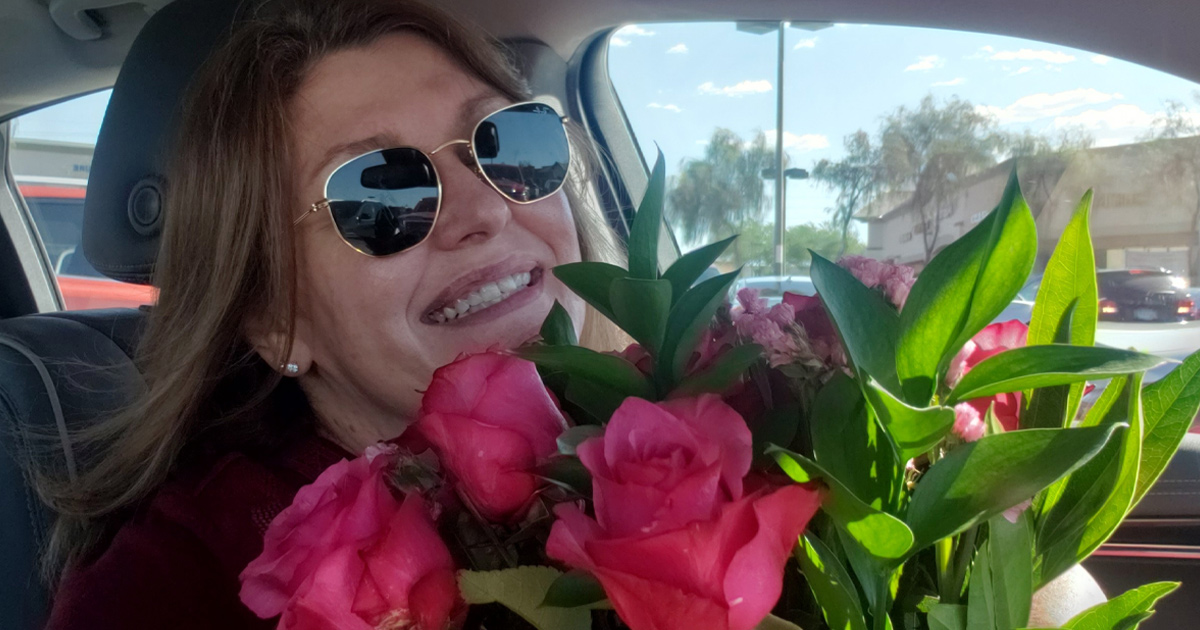Related Articles



In August 2020, Ronda D. was diagnosed with stage 3b colon cancer. She underwent a bowel resection and eight rounds of chemotherapy. Her husband, Ed, was by her side throughout her diagnosis and treatment, caring for his wife and son, while navigating a pandemic and work as a truck driver. Here, he shares the 10 things he learned.

